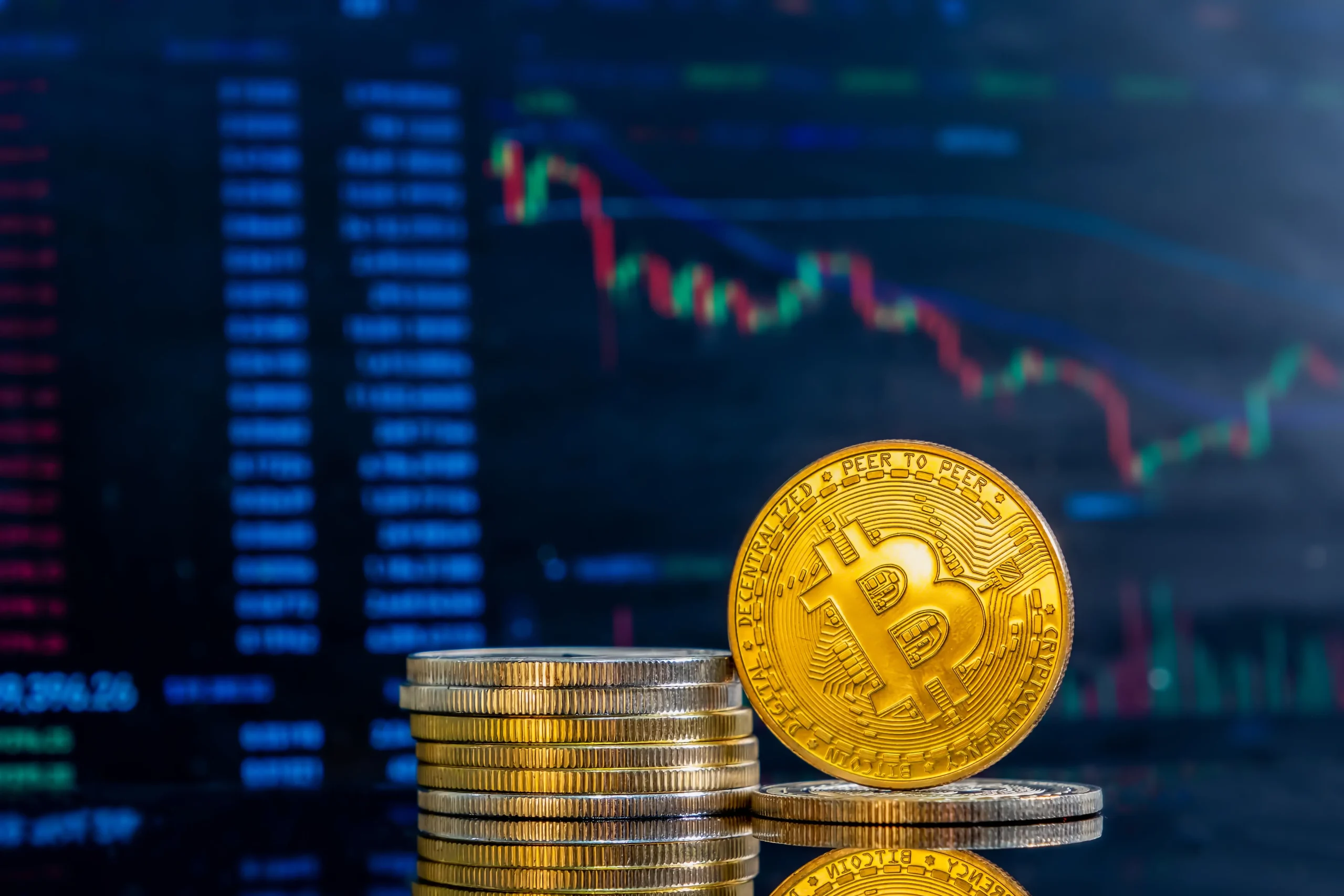Bitcoin Exchange Inflows Drop Despite Mt. Gox and US Government Transfer Rumors
23.08.2024 18:30 1 min. read Alexander Stefanov
Since early August, Bitcoin deposits to exchanges have notably decreased despite concerns over the Mt. Gox bankruptcy estate and potential US government sell-offs.
Data from CryptoQuant reveals that on August 4, nearly 94,000 BTC was moved to exchanges, followed by around 49,000 BTC on August 5, and about 51,000 BTC on August 6. However, inflows have since declined, with August 20 data showing a drop to 31,000 BTC, indicating less selling pressure.
On August 20, Mt. Gox transferred 12,000 BTC, valued at approximately $709 million, to undisclosed wallets—the first significant movement from the defunct exchange in over three weeks. Mt. Gox-related wallets still hold about 44,899 BTC, worth around $2.7 billion.
Despite speculation about a potential impact from Mt. Gox distributions, recent observations suggest creditors are largely retaining their Bitcoin rather than selling. Bitpanda’s deputy CEO, Lukas Enzersdorfer-Konrad, attributed this to the long wait and the early adoption of the technology by Mt. Gox creditors.
Additionally, rumors about a possible US government Bitcoin sell-off emerged after a transfer of 10,000 BTC to an unmarked wallet on August 14. However, analysts like Ryan Lee of Bitget Research have noted that such transfers might be related to custody arrangements rather than imminent sales.
-
1
Strategy Aims for $1B Raise with New Stride Shares to Fuel Bitcoin Buys
07.06.2025 8:00 2 min. read -
2
Here’s Why Bitcoin Could Be Gearing Up for Its Next Move Despite the Pullback
09.06.2025 8:00 2 min. read -
3
Cathie Wood Stands Firm on Bold $1.5M Bitcoin Target by 2030
10.06.2025 10:00 1 min. read -
4
Japan’s Metaplanet Aims for 1% of All Bitcoin with Bold Market Move
06.06.2025 19:00 1 min. read -
5
Bitcoin to Track Global Economy, Not Dollars, Says Crypto Expert
09.06.2025 18:00 2 min. read
Bitcoin Hashrate Declines 3.5%, But Miners Hold Firm Amid Market Weakness
Bitcoin’s network hashrate has fallen 3.5% since mid-June, marking the sharpest decline in computing power since July 2024.
Bitcoin Surpasses Alphabet (Google) to Become 6th Most Valuable Asset Globally
Bitcoin has officially overtaken Alphabet (Google’s parent company) in global asset rankings, becoming the sixth most valuable asset in the world, according to the latest real-time market data.
Is Bitcoin a Missed Opportunity? This Billionaire Begins to Wonder
Philippe Laffont, the billionaire behind Coatue Management, is beginning to question his stance on Bitcoin.
Robert Kiyosaki Says Crypto Is Key to Building Wealth in a Failing System
Personal finance author Robert Kiyosaki is urging investors to rethink their approach to money as digital assets reshape the economic landscape.
-
1
Strategy Aims for $1B Raise with New Stride Shares to Fuel Bitcoin Buys
07.06.2025 8:00 2 min. read -
2
Here’s Why Bitcoin Could Be Gearing Up for Its Next Move Despite the Pullback
09.06.2025 8:00 2 min. read -
3
Cathie Wood Stands Firm on Bold $1.5M Bitcoin Target by 2030
10.06.2025 10:00 1 min. read -
4
Japan’s Metaplanet Aims for 1% of All Bitcoin with Bold Market Move
06.06.2025 19:00 1 min. read -
5
Bitcoin to Track Global Economy, Not Dollars, Says Crypto Expert
09.06.2025 18:00 2 min. read


